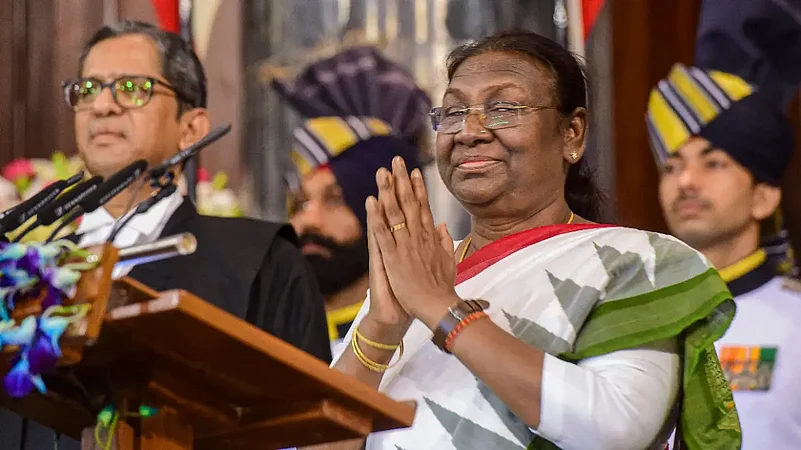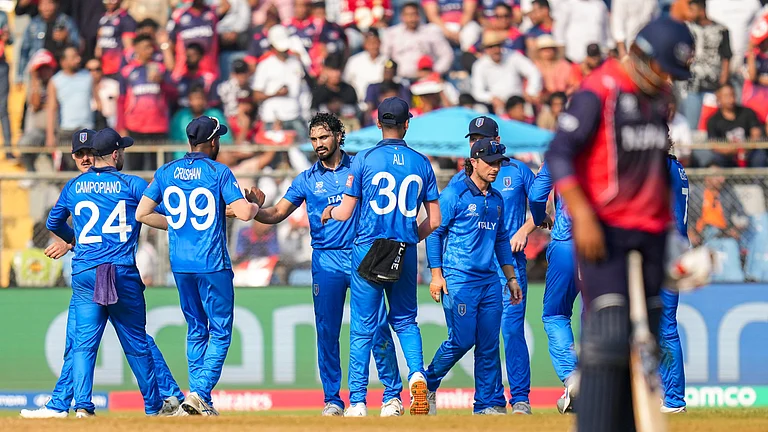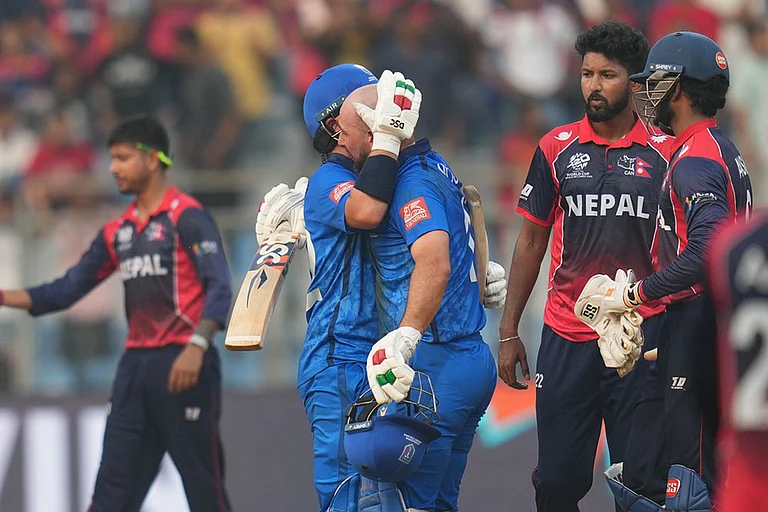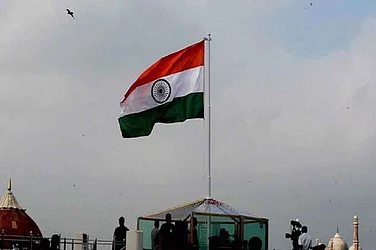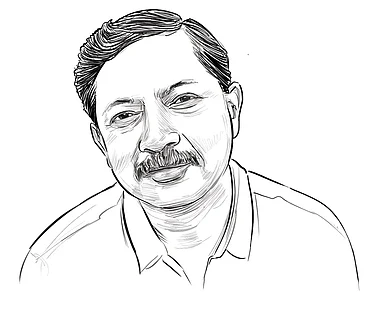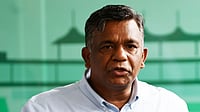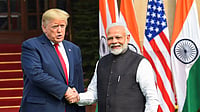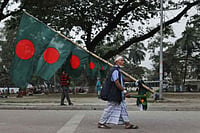Stressing the need for water conservation and management, President Droupadi Murmu on Saturday called for the revival of traditional methods along with using modern techniques for sustainable water supply. The president was addressing an event where she presented the 'Swachh Sujal Shakti Samman 2023' and witnessed the launch of 'Jal Shakti Abhiyan: Catch The Rain-2023'. Water and sanitation hold a special place in the life of every citizen but these issues affect women the most, as generally, it is the responsibility of women to arrange drinking water for their homes in rural areas, she said. In villages, they had to walk long distances to get drinking water, and arranging for drinking water not only took a lot of their time but also put their safety and health at risk, Murmu said.
Usually, school and college-going girls were also engaged in arranging water along with their elders, which hindered their studies, the president noted. To overcome these problems, the government has taken special measures and is providing clean drinking water and sanitation facilities through initiatives such as the Jal Jeevan Mission and the Swachh Bharat Mission, Murmu was quoted as saying in a statement released by her office. She noted that today more than 11.3 crore households are getting potable water from the tap. Women, who earlier used to spend time fetching water, are now utilizing that time in other productive works, Murmu said.
Clean tap water has also shown significant improvement in the health of infants who used to fall prey to water-borne diseases such as diarrhea and dysentery due to polluted water, she said. Stressing the need for water conservation and water management, the president said it is a well-known fact that in the country, water resources are limited and their distribution is also uneven. About 18 percent of the world's population resides in India, but only four percent of the world's water resources are available here, she pointed out. Moreover, most of this water is received in the form of rain, which drains into rivers and seas, Murmu said. That is why water conservation and its management are very important topics, she said.
"Today we are more dependent on institutional means for water supply than traditional means. But along with using modern techniques for sustainable water supply, the revival of the traditional methods of water management and water harvesting is the need of the hour," Murmu said. She called on all stakeholders to work together for water conservation and its management. "We need to make this effort not only for ourselves but also for the healthy and safe future of our coming generations," the president said. She noted that about two lakh villages have declared themselves as open defecation-free (ODF) plus villages. It means that these villages have solid and liquid waste management systems in place, Murmu said. The president emphasized proper and environment-friendly management of household waste.
Murmu pointed out that often it is seen that solid wastes from houses are thrown at public places and the liquid wastes go into water bodies. This is harmful to the environment and living beings, she said. "We should have a system in which most of the waste materials is recycled; liquid wastes cannot contaminate underground water; and we can make manure from the leftover wastes," she said. The president said making India a 'clean nation' is not only the responsibility of the government but the collective responsibility of all citizens. She said 'Jal Shakti' cannot be fruitful without ‘Nari Shakti’. United power of both these forces is needed for social prosperity, she added. The president said that due to dedication and hard work being done by all the awardees in the fields of water conservation, making villages ODF plus, waste management, and rain-water harvesting, India would set an example before the world community in water management and cleanliness.






